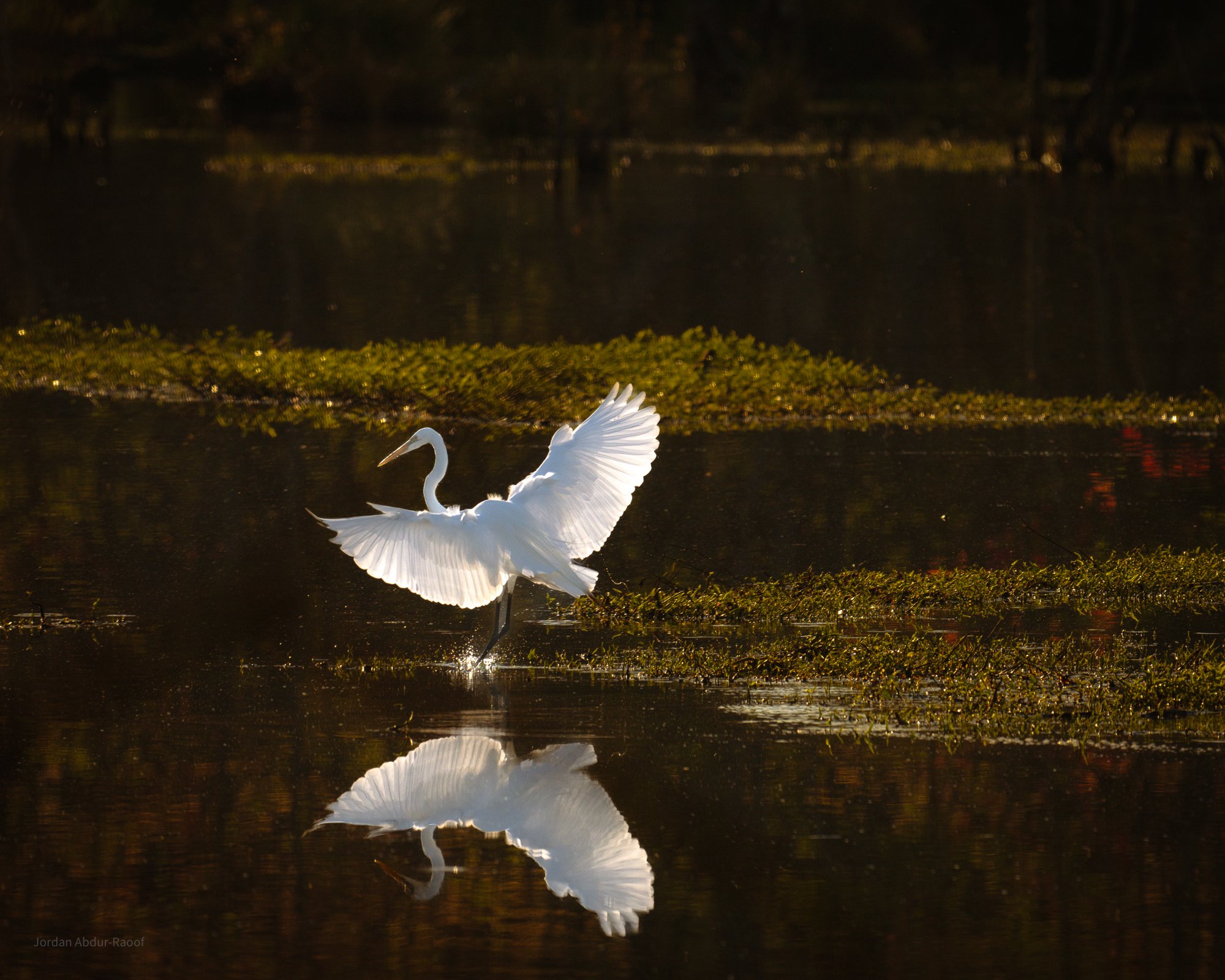Who We Are
Our Board
Our Board has been instrumental in getting us where we are today. Every member believes in the vision of ECWA.
Our vision
ECWA has a rich history, but our vision for the future is focused on conserving the watershed for generations to come.
Our history
The Ellerbe Creek Watershed has been part of the Durham community for hundreds of years. As we move forward, we remember the history that brought us here.

Future Staff Opportunities Will Appear Here
Contact board@ellerbecreek.org for information

Our Board

Our Vision
-
Vision
ECWA envisions a thriving Ellerbe Creek watershed where conservation, accessibility, and community engagement converge to safeguard natural resources and enhance public well-being.
Objectives
To establish and maintain public green space in the Ellerbe Creek watershed, in cooperation with federal, state, and local agencies, officials, and communities;
To engage with and build trust among the diverse communities within and downstream of the watershed;
To promote land and stormwater management methods beneficial to the ecological health of Ellerbe Creek and its tributaries;
To promote public education through organized hikes and workshops;
To promote research related to the ecological restoration of Ellerbe Creek, its tributaries, and associated native plant and animal communities; and
To promote scientific identification and cataloging of plant and animal life and other natural features within the Ellerbe Creek watershed.
-
ECWA’s work started in our founder’s backyard and has evolved to encompass a diverse community of individuals and neighborhoods. Like the water we’re working so hard to protect, our story has a single source, but with dozens of tributaries flowing towards a single goal: a healthy watershed.
Ellerbe Creek Watershed Association was founded in 1999 by Steve Hiltner, a botanist and stay-at-home dad who lived in the Watts-Hillandale neighborhood and frequented Indian Trail Park. On walks with his daughter Sofie, Steve was drawn to a part of the park that straddled Ellerbe Creek, and discovered that many of the plants there were exotic weeds, not the plants and shrubs native to the area. So, Steve got permission to plant native species along the creek.
Having already attended neighborhood board meetings, Steve was impressed by the level of civic engagement in Watts-Hillandale and knew he could count on the goodwill of neighbors to help him heal the creek and strengthen the neighborhood around it. Steve reached out to neighbors—first to a lawyer who helped him apply for 501(c)3 status, then to a fellow dad who helped develop a matching grant application that would help the organization acquire its first six acres of watershed land. In April of 1999, with the help of concerned citizens throughout the community, ECWA was officially born.
Since then, the organization has gone from 6 acres to 450, including five public preserves, and has developed powerful initiatives aimed at restoring the creek, engaging the community in its well being, and advocating for the future health of the watershed.
ECWA Bylaws
How we do what we do
2025 Brochure
Why we do what we do
Our History
The 37 square miles of land that drain into Ellerbe Creek are known as its watershed. Most of this land is in the heart of Durham, North Carolina.
On early maps, Ellerbe Creek was spelled "Allibay,” a name that some theorized was Native American. After all, the North Carolina Piedmont was once dominated by Sioux-speakers such as the Eno, Occaneechi, Saponi, Sissipahaw, Tutelo, and Shoccoree. However, historian Jean Anderson opines that the Creek is named for the John Ellerby (Allaby) family who, according to The Colonial Records of North Carolina (1886-90), lived on land in what is present-day Durham. Whatever the origin, the creek has carried many names over the years, including Allibay, Allibay’s, Eleby, Ellerbee, Ellerbie, and our (and the state’s!) prefered spelling: Ellerbe.
One of Ellerbe Creek’s earliest mentions comes from Bennett Place, site of the Civil War’s largest troop surrender, which is crossed by Ellerbe feeders. James Bennitt's original deed mentions that his land was on "waters of New Hope Creek and Ellerbe Creek," meaning it was on both sides of the ridge that divides the Neuse and Cape Fear watersheds. Today, the North Carolina Railroad crosses Durham following this ridge. To the north of the tracks, all tributaries, including Ellerbe creek and its feeders, flow past Raleigh, Smithfield, Goldsboro, Kinston, and New Bern into Pamlico Sound. South of the tracks, the tributaries empty into New Hope Creek—eventually flowing into the Atlantic below Southport.
Sadly, pollution is a part of any urban watershed’s history, and Ellerbe is no different in this respect. During the days of the Erwin Cotton Mills, South Ellerbe Creek was channelized and used to dump warm dyes from the mills. In the early days, the entire neighborhood smelled like a laundromat from the hot, soapy water being discharged by the textile mills into South Ellerbe. At the dawn of the new millennium, many of the mill families still in Old West Durham simply called it the "ditch." In more recent years, near the city dump, Ellerbe Creek was channelized, choked with industrial effluent and leachate (which one writer has called "garbage juice").
Along some wooded stretches, Ellerbe's creeks quietly flow through areas as scenic as any in North Carolina. Elsewhere, the Ellerbe has earned a reputation as one of the state's most polluted creeks. Flowing past history and through Durham's neighborhoods, these rivulets, though beloved by many, absorb the city's ills. The goal of the Ellerbe Creek Watershed Association, founded in 1999, is to help citizens live in harmony with this creek, a collaboration that results in clean drinking water and stronger, healthier neighborhoods.
This history was adapted from a historical narrative of Ellerbe Creek by John Schelp.









